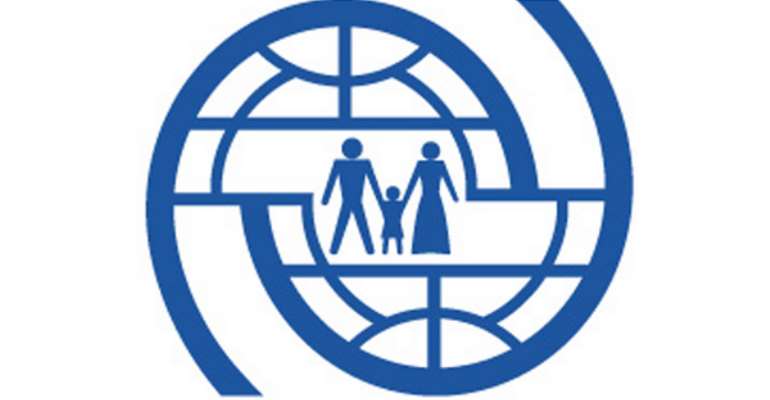IOM Promotes Peace Among Migrants and SA Host Communities in Cape Town

GENEVA, Switzerland, April 5, 2013/African Press Organization (APO)/ -- IOM South Africa implementing partner the Agency for Refugee Education, Skills Training and Advocacy (ARESTA) will lead a peaceful march tomorrow (6/4) to promote cultural diversity, tolerance, and peace among migrants and host community members in Cape Town's Greater Philippi Township.
The march, supported by local councillors, will culminate with the presentation of a memorandum to the Phillipi East police station. The memorandum will seek to draw attention to the issues of crime, racism, discrimination and xenophobia in the community.
The memorandum will also appeal for tolerance of migrants in host communities, highlight the need for peace-building and promote a human rights culture among community members. It will also draw attention to the country's laws, the rights of migrants and mechanisms for countering discrimination.
“IOM is committed to work closely with local governance structures and civil society organizations to address underlying tensions and improve the acceptance of migrants by host communities,” says Dr. Erick Ventura, IOM South Africa Acting Chief of Mission.
The event forms part of an IOM project funded by the Development Bank of Southern Africa (DBSA) and the Industrial Development Corporation (IDC) aimed at building and strengthening communities of diversity and peace in Western Cape Province.
Since its launch in October 2013, the project has trained 160 peace monitors from communities across Philippi, 180 peace ambassadors and 60 peace club members from 16 schools in the area.
The outbreaks of violence and the underlying tensions between host communities and migrants have highlighted the need for peace-building and conflict transformation. Project workshops have provided participants with a greater understanding of diversity, as well as the knowledge and skills needed to quell tensions and mediate conflict in their communities and schools.
